The International Rescue Committee (IRC) recently released a need assessment report focusing on the impact of climate change and natural disasters on women and girls. The report emphasizes the rising frequency of natural disasters due to climate change, particularly affecting coastal areas of Bangladesh.
Conducted in collaboration with DM WATCH, the assessment report examined disaster-prone regions such as Barishal, Khulna, Shatkhira, and Bhola. It revealed that due to insufficient knowledge about sexual and reproductive health (SRH), many women in these areas face health challenges during disasters.
According to the report, 66.9% of women and girls feel unsafe seeking shelter during disasters due to inadequate safety measures and amenities, including toilets.
The report also explores how climate change and disasters contribute to various social issues such as school dropout rates, child marriage, gender-based violence, and loss of income.
In a symposium held on March 7, 2024, at Dhaka's Crown Plaza, IRC presented the report findings. Md. Mijanur Rahman, Director General of the Ministry of Disaster Management and Relief, highlighted efforts to improve disaster-resilient infrastructure, including designated spaces for lactating mothers in cyclone shelters.
IRC's country director, Hasina Rahman, stressed the importance of inclusive initiatives to address diverse needs and prioritize marginalized communities.
During a panel discussion, representatives from NGOs, government ministries, research institutions, and universities explored solutions to climate threats in coastal areas. Md. Shamsuddoha, CEO of the Center for Participatory Research and Development (CPRD), emphasized the need to focus on disaster response beyond reducing fatalities, addressing issues like human rights awareness in cyclone shelters.
The report also sheds light on gender-based violence in disaster-prone areas, with poverty and income loss identified as major drivers. Satkhira has reported the highest rate of intimate partner violence during disasters, often resulting in forced abortions.
Despite the presence of hospitals in remote coastal areas, many residents do not receive timely treatment during disasters, with 74.1% of people not accessing treatment, and hospitals being closed 70% of the time.
The symposium was moderated by Shabira Sultana Nupur, Head of Advocacy and Communication at IRC, while Hasina Rahman, IRC's country director, led the panel discussion.



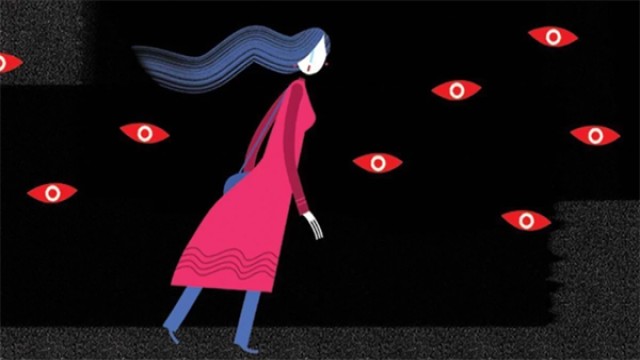
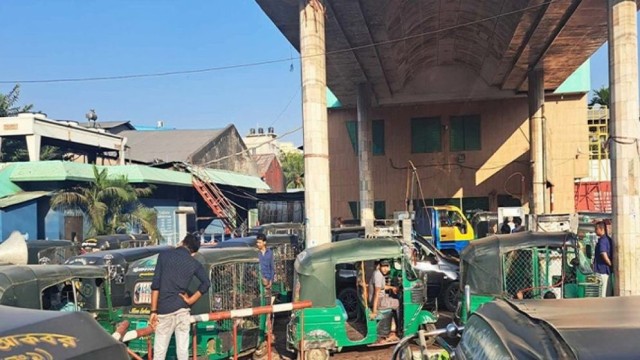






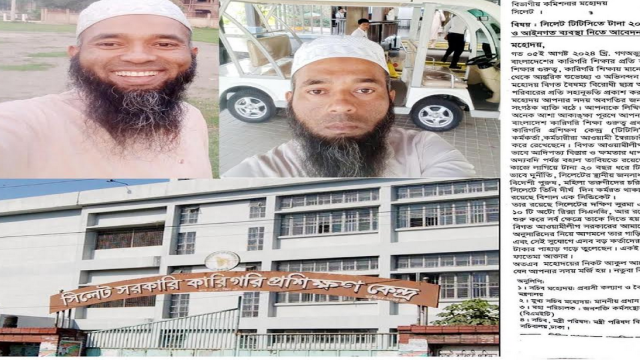
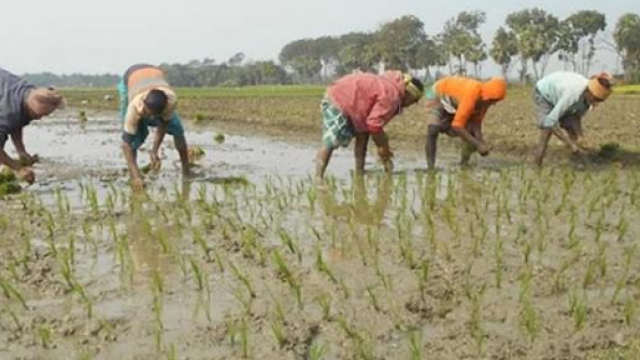



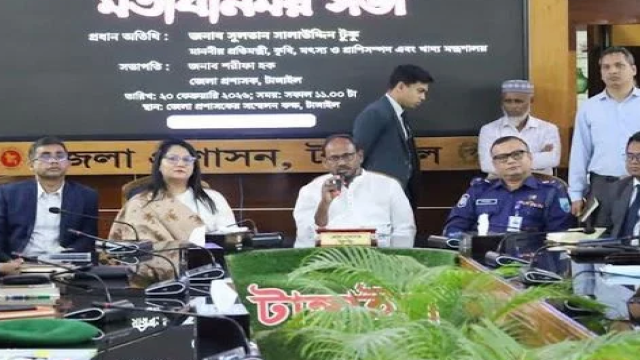














Comment: